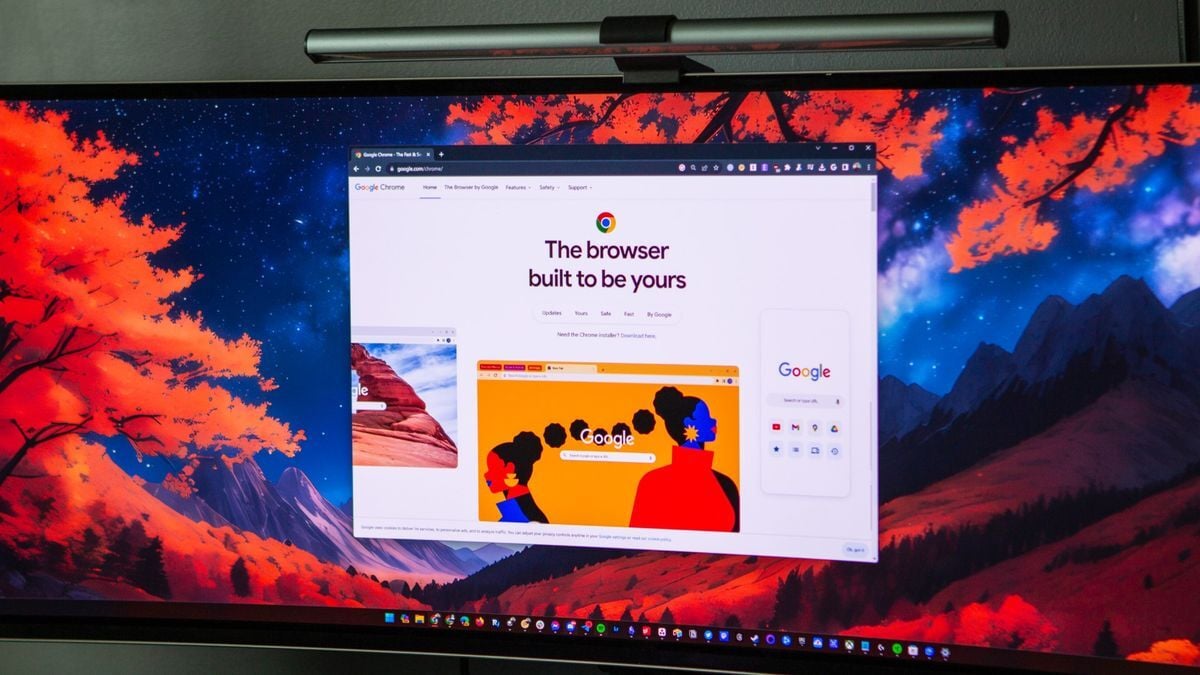- Google is transitioning Chrome’s extension support from the Manifest V2 framework to the V3.
- This means users won’t be able to use uBlock Origin to block ads on Google Chrome.
- However, there’s a new iteration of the app — uBlock Origin Lite, which is Manifest V3 compliant but doesn’t boast the original version’s comprehensive ad-blocking features.



Nearly 3.5 billion people do.
“Does anybody still use [literally the most popular product in its industry]?”
They deserve what they get.
Your elitism is showing.
I’m so elite because I choose to use a browser that respects my privacy lol.
Thank you, I guess?
I deserve ads because Firefox won’t render any of the web apps I use for work? Damn.
What websites do you use for work that won’t work on Firefox?
Firefox breaks Slack, Zoom, Salesforce, Jira, and several other internal/proprietary platforms I use. Many of our tools are integrated into each other (sometimes on the backend through the API, sometimes on the frontend through an iFrame), and Firefox really doesn’t play nicely with these interactions. Either it doesn’t like the fact that our apps are accessing multiple sites at a time and throws security errors, or it just doesn’t render some parts of the page properly, making them unusable.
For instance, one ticketing tool we use is completely inaccessible in Firefox, because the page breaks after the header and loads the rest into a 10px-wide column that stretches for miles. Works fine in Chrome, Edge, and even Safari somehow.
Some of this could be fixed by using these platforms with their out-of-the-box software which may be more compatible with Firefox, without our modifications. But our mods are there because these integrations drastically improve our workflows, so that’s unfortunately not a feasible option for our business.
A lot of this is due to Firefox having stricter standards, which isn’t necessarily a bad thing. Maybe our developers should make our tools more standard-compliant and that might be better in the long run. But until then, I gotta use what works.
(Long unnecessary nonsense that isn’t applicable to anyone else)
lol. So who broke it?
I was answering a question that was asked directly to me, genius.
Firefox, unfortunately, has been lagging behind. Safari is close to surpassing Firefox if they haven’t already. Safari really made a big shift for actually implementing web standards around 16.4.
Chrome is still the absolute best for accessibility. Neither Firefox nor Safari properly parse the aria labels when it comes to how things are rendered. Chrome will actually render text in accessibility nodes as presented on screen (ie: with spacing). Safari and Firefox only use .textContent which can have words beingmergedwhentheyshouldn’t.
Chrome also has Barcode and NFC scanning built right in. I’ve had to use fake keyboard emulators for iOS. Though, Chrome on Mac OS X also supports it. Safari has native support for Barcode behind a flag, so it’ll likely come in the future. Barcode scanning is still possible with Firefox through direct reading of the camera bitmap, which is slower but still good. There’s no solution for NFC for Safari, but if Chrome ever comes iOS, that would possibly be solved. I believe Face Detection is similar, but I’ve never used it.
Sounds like chrome is going the way of Internet Explorer. Totally ignoring the W3C, and doing whatever they want. That won’t end well.
What? They all have W3C specs. Firefox just chose not to implement them.
You think you’re trashing Chrome, but you’re trashing Firefox instead.
Well, done of the drafts count. Because they’re drafts.
Even
line-heightin CSS3 is draft. Saying no drafts should be implemented is a ridiculous standpoint: a standpoint not even Firefox aligns with:https://wiki.mozilla.org/ExposureGuidelines
But keep moving those goal posts.